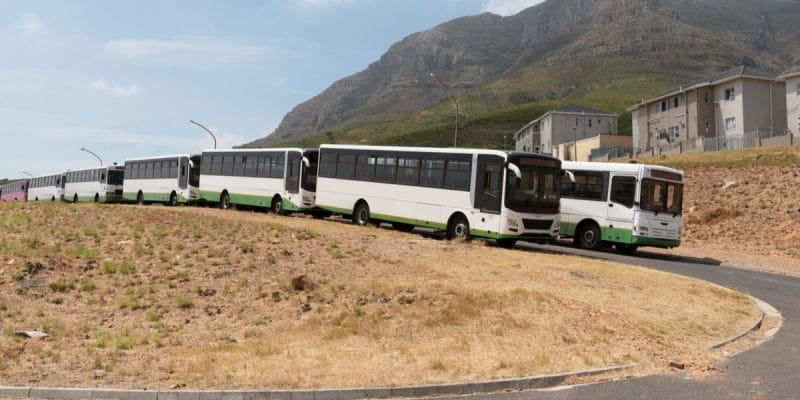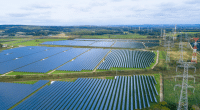Reflections on the feasibility of a zero or low-carbon mobility project are underway in West Africa. Led by the African Union of Public Transport (UATP) and funded by the United Nations Environment Programme (UNEP), the project aims to improve air quality and mitigate global warming in Africa.
The Scania company wants to launch a network of 50 buses running on biogas in the Ivorian capital Abidjan. The Swedish car manufacturer presented its project on November 26th, 2020, during a virtual workshop on sustainable mobility in the West African sub-region.
Reflections of this kind have been underway since the end of September 2020. They focus on a transition towards clean vehicles by prioritising electric mobility, the adoption of cleaner, low-sulphur fuels with strict emission standards. Ultimately, the participants will have to produce a document on the interest and cost of introducing electric buses in two pilot cities: Dakar, the capital of Senegal and Lagos, the economic capital of Nigeria. The final report of the study will serve as a means of assisting governments in their decision making, for the promotion of electric buses in West Africa.
Electric mobility, a subject that is already a hot topic in Nigeria
This feasibility study follows a financing agreement signed between the African Union of Public Transport (UATP) and the United Nations Environment Programme (UNEP). The two entities want to promote a transition towards zero or low-emission mobility for better air quality and mitigation of global warming in West Africa.
The UATP-UNEP project will certainly be well received in Nigeria, where authorities and investors are already working to launch clean transport. The Nigerian automobile company Stallion Motors has just announced that its new electric car assembled in Nigeria will be on the market before the end of 2020. The “Hyundai-Kona” is a car capable of covering 482 km after 9.35 hours of charging.
Boris Ngounou






